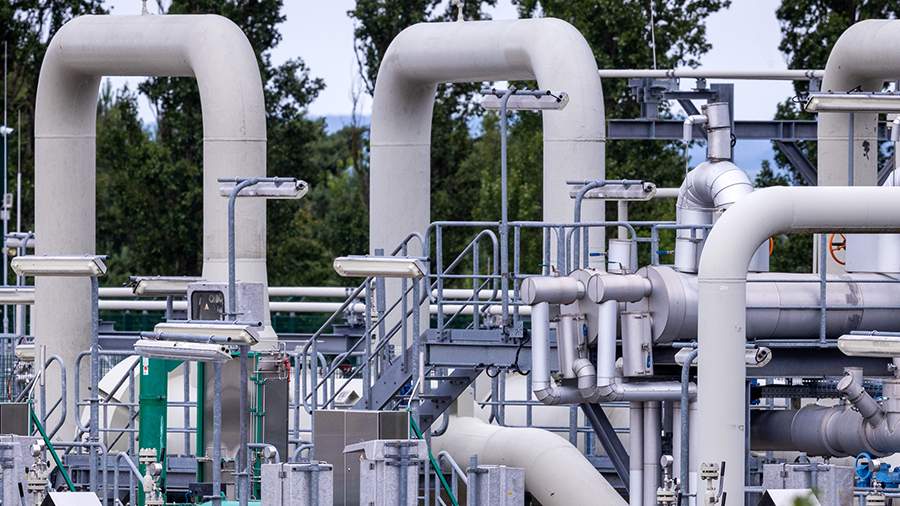An analyst assessed the consequences of refusal from Russian gas for the German economy
- Новости
- Economy
- An analyst assessed the consequences of refusal from Russian gas for the German economy

As a result of the suspension of energy supplies from Russia, Slovakia, which used more than 70% of gas, suffered the most. Austria also suffered negative consequences due to supply problems. Germany also faced difficulties due to gas restrictions in the automotive and chemical industries, Mikhail Belyaev, a financial analyst and PhD in economics, told Izvestia on January 16.
Earlier in the day, the Neue Zurcher Zeitung newspaper reported that the refusal to use Russian gas has had a significant impact on German industry.
"The [supply] bottlenecks affected the price hikes on the European stock exchange <...> and spilled over in a negative way to all other countries, even if they did not depend directly on Russian gas," Belyaev told the paper.
According to him, gas prices have increased independent of the country's exporter.
"First of all, attention is drawn to Germany because it was a kind of hub, which imported a significant part of Russian gas. Not only the energy industry of Germany suffered, but also those parts of industry, where gas acted as a raw material," explained Belyaev.
According to the specialist, not only the automotive industry in Germany suffered, but also chemical production, which felt a serious blow due to higher prices for raw materials and the shortage of Russian resources.
"We see that the German economy is going through great difficulties now, as it was the locomotive for all other economies of the countries. This is another factor that the European economy is suffering from the lack of Russian gas in proper quantity," the analyst said.
The expert emphasized that when sanctions were imposed on Russian energy resources, the West overestimated its capabilities, believing that it would find analogues, such as energy generators, would find other suppliers.
"Another small-minded Ukrainian act has caused such damage to Europe, not only directly, but also indirectly. One can dive in and find more of Ukraine's deep designs, by which it has dealt a serious blow to the economy of Western Europe," Belyaev summarized.
Last year, on December 24, Iqbal Guliyev, deputy director of the International Institute of Energy Policy and Diplomacy at MGIMO and author of the Telegram channel IG Energy, predicted a difficult winter for the European Union in a conversation with Izvestia. According to him, the winter promises to be difficult for the European Union, as gas reserves are being depleted at a rapid pace, and dependence on liquefied natural gas is growing amid supply uncertainty and competition with Asian markets.
Переведено сервисом «Яндекс Переводчик»

